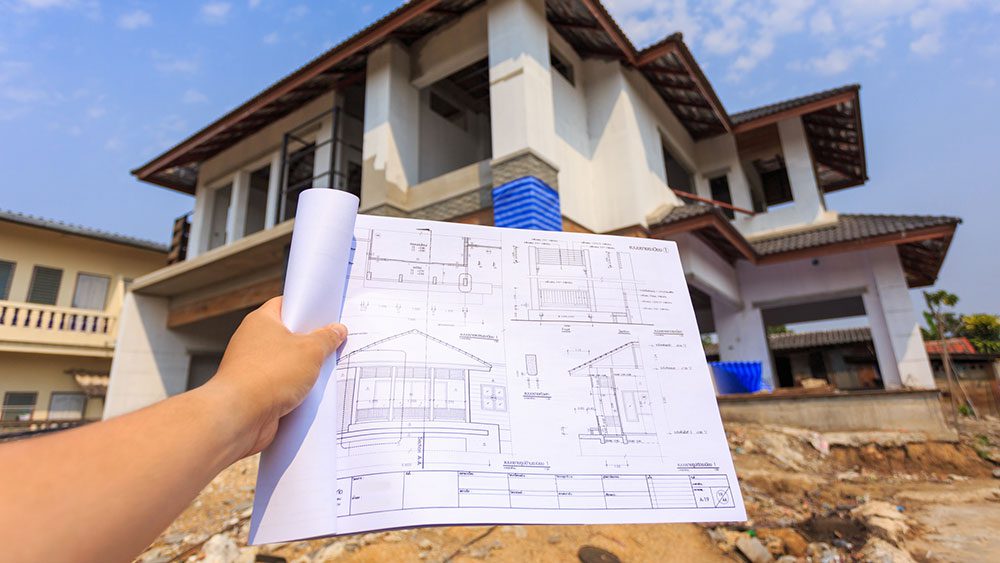Home prices have consistently risen over the past decade. For instance, according to Statista, the median price for a single-family house stood at about $391,200 in April 2022. That represents an increase of over $100,000 since 2018.
Mortgage rates have also risen significantly since the end of 2021. You’d expect these sharply higher rates to slow down house price appreciation. But the housing market has remained resilient despite this change. Therefore, as a prospective buyer, expect to pay higher than you would a few years ago for the same home.
Perhaps one factor contributing to the soaring prices is a record-low supply. Statistics show that the U.S. housing market is more than 3 million units short of the current demand. Therefore, you’re likely to face competition when bidding on the available houses.
As such, you may need to submit multiple offers before securing the home of your dreams. This is where an escalation clause comes in handy. So, what is this clause, and how can you use it to your advantage?
What is an Escalation Clause?
An escalation clause or an escalator in real estate refers to a condition that allows an automatic increase in the buyer’s offer if certain thresholds are met. For example, imagine you want to buy a house in an area where the real estate market is hot. As a result, the seller will likely get many bids for the home, some of which may be higher than your initial offer.
Including an escalator in your purchase offer might be ideal in this situation to counter your competitors. In simple terms, the agreement says you’ll pay a given amount, but you’re open to escalating that amount if the seller receives a higher offer from another bidder.
An escalator includes the following important components:
- Bona fide offer price: The seller must prove that they received a higher offer than yours.
- Maximum escalation price: This is the amount that’ll be escalated over the highest competing offer.
- Maximum offer: The buyer should specify the maximum amount they’re willing to pay for the house in an unending bidding war.
How to Use an Escalator
Of course, an escalation clause is an excellent weapon in a bidding war strategy. However, it might not be the ideal solution if you don’t use it well. So, how can you get the best out of this real estate feature?
1. Set your escalator as high as possible
Many buyers and real estate agents make a mistake by setting the margin low. For instance, one would state that they’re willing to increase their price by $1,000 over a bona fide offer. But unfortunately, this may not motivate the seller to overlook another buyer’s offer, especially if the terms are better.
However, an escalator of about $5,000 will likely motivate the seller to reconsider your offer. It’s difficult to walk away from an extra $5,000 even if another buyer offers better terms. Furthermore, set your amount based on the property’s price range.
2. Include appealing terms in your offer
An escalation clause allows you to submit your best offer without feeling that you’re overpaying. However, this tool only deals with the price and doesn’t cover other important aspects of the bidding process. Apart from offering the best price possible, you’ll also need to include additional terms that could entice the seller.
The terms will vary depending on the seller and the current housing market conditions. Therefore, you’ll need to determine which factors appeal to the seller before making your offer. This research can be complex and time-consuming. As such, it’s helpful to use a buyer’s real estate agent to have an expert with you throughout the process.
The closing date, for instance, might be a vital factor for the seller. So, accounting for this factor in your offer can help you win the home in a bidding war. Keep in mind, though, that some buyers may not be willing to lose the battle, especially if they’ve lost out on other houses. So, be ready to counter buyers willing to submit aggressive offers. Some buyers may even go as far as waiving the inspection process, which could encourage the seller to overlook your offer, even if it’s the highest.
Conclusion
Bidding on a house in a hot housing market can be stressful, especially if your competitors aren’t ready to back down. An escalation clause might be the ideal tool to use in such situations. However, it might not give you the desired results if you don’t use it correctly.
You’ll need to set your escalator high enough to get the best out of this real estate feature. Also, ensure your offer includes enticing terms that motivate the seller to consider your bid.
© 2024 xpertRealtyMarketing.



